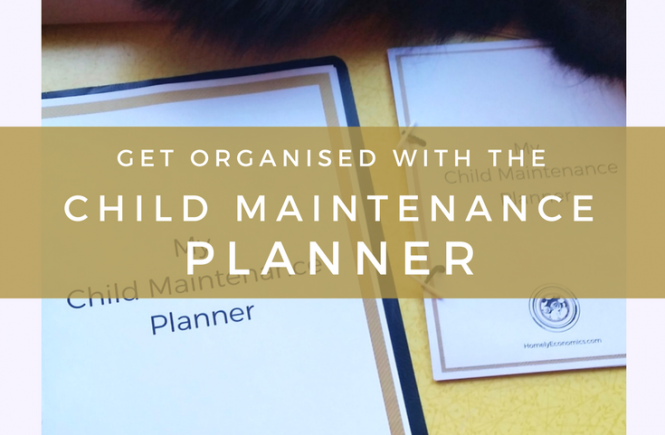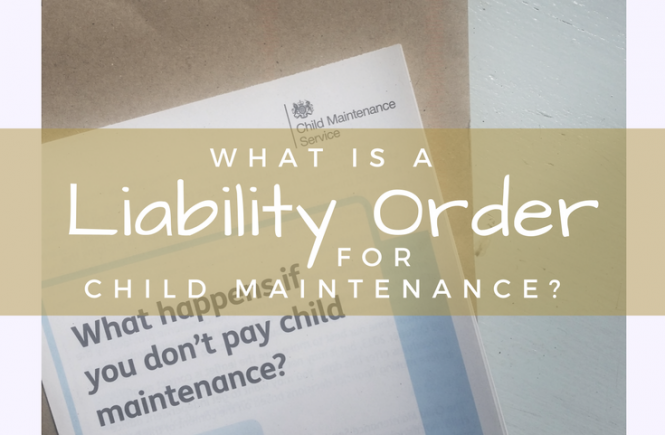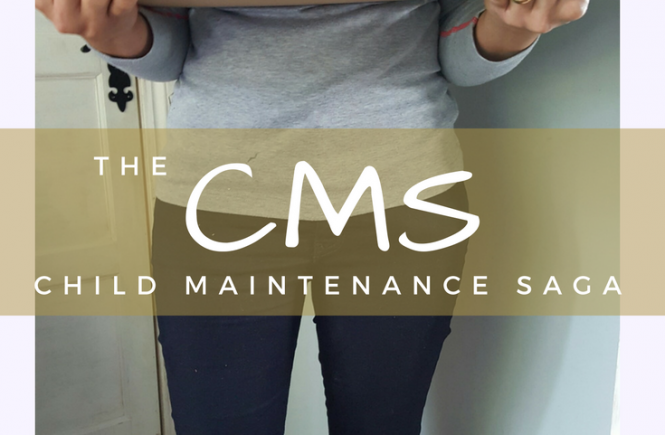I was a single parent for six years. For the last 10 years, I’ve been trying to get child maintenance.
Going through the child maintenance system can be like trying to scale an impossibly high wall, without ever knowing if there will be anything on the other side. It seems as though you are forced to repeat the same information ad nauseum, but without anyone actually hearing what you are saying. Recently I wrote about Gingerbread.org.uk and their Maintenance Matters campaign, and I was asked to write a guest post for Gingerbread about my own experiences.
For the first time, I’ve encountered a group that actually listens and is actively campaigning for single parents (and those parents who, like me, have re-partnered but still face the same difficulties).
I recently found that the post had been removed from the site, so I’ve republished my story:
Hello? Is there anybody out there?
Sometimes – most of the time, actually – it feels as if there’s no one listening. And that even the ones who are listening are only hearing it because they have to. They don’t want to really listen, because they don’t want to know.
Talking about child maintenance makes people uncomfortable. They’re embarrassed about talking about money, they’re embarrassed by knowing you don’t have enough money, they’re embarrassed by the thought that your family fell apart, and they’re embarrassed by your frustration.
But think about how embarrassing and frustrating it is to have to go through the child maintenance system. You’ve got to admit to strangers that your child’s parent doesn’t want to share responsibility, and that you are on your own. You have to answer the same questions over and over and over again, and if your case is anything like mine, you’ll go through innumerable phone calls, letters, forms and tribunals and still go more than 10 years without any maintenance.
Why doesn’t he pay any maintenance? To me, there can be only one answer – he doesn’t want to. It can have nothing to do with my brilliant, witty boy, can it? How could his father simply not care about how warm his bedroom is in the winter, or what he takes to school for lunch? Why doesn’t he care about his day-to-day life, or whether I ever struggled to pay the rent for the roof over his head?
It’s not their relationship. My son spends most of the school holidays with his father. It’s not the money. The amount formally owed to me via the CMS (not bearing in mind the 6 years during which I didn’t pursue maintenance) is less than the starting cost of one term’s tuition at his younger child’s private school. In fact, it’s probably less than the fee charged by his solicitors for defending him at the child maintenance tribunal.
The only answer I can find is that it must be about saying no to me. I believe that for many former couples, withholding maintenance is about holding on to power and control… but I hate the thought that my child would ever be disadvantaged because of me. This ‘game’ shouldn’t even be possible, should it?
The CSA made me into an ace private investigator, against my nature. I’ve turned up all of the evidence – jobs, company directorships, director’s loans, payslips, spending, assets – everything you can think of. I turned a spotlight on the loopholes he used to claim he had no earnings despite having a job, and built up a stack of evidence as thick as your arm.
The fact that he keeps a high profile in his community and in business made it easier than for many in my position; still, I’d much rather not have to have done any of it. It felt unfair to have to do so much on my own and be expected to provide evidence that could be found so much more painlessly by someone working within the CSA, and it felt even worse to have to start over again with the CMS, under new rules, after winning my appeal at a tribunal.
Even after the success of the tribunal decision, years have gone by, the debt has been ignored, and nothing has changed.
I don’t know if my son will remember the worst times, when there wasn’t any money at all and I sat at the sewing machine in a freezing house wearing my winter coat and boots, making bags to sell at craft markets.
Back then, I struggled to find a job that could support us without any family to help with childcare, and for years I could never have paid the rent without benefits. I gambled on going back to university a decade after I dropped out to get married and start a family, hoping it would help me find better work. I was losing my mind from stress at times, but I didn’t know how much that rubbed off onto him until now, looking back. It breaks my heart to think about it, so I like to focus on the later years, when things got better. Hopefully he’ll remember sitting with me in lectures, coming to my workplace in the evenings after school and running around the markets as simply unusual, fun things he did with his mum.
Are you still there? Feeling frustrated yet? Even I find it hard to read other people’s child maintenance stories because I relive all of my own experiences, and probably because it feels as though the problem is so widespread that it’ll never be resolved. And yes, I feel a bit embarrassed to have to write it as well, but I have to, because reading someone else’s story made me feel that I wasn’t on my own, and it gave me the push I needed to do as much as I have.
There are non-resident parents out there who do a brilliant job of helping to support their children, and I respect them for it. Unfortunately, the change from the CSA to the CMS has made it a lot easier for non-paying, non-resident parents to hide in the loopholes. This doesn’t just affect their families; it affects our entire society. Even if it feels as though no-one wants to listen, we have to talk about it.
Someone will listen eventually.
This was first published in March 2017 – see updates below:

Catch up with my child maintenance updates here on my Child Maintenance page.




